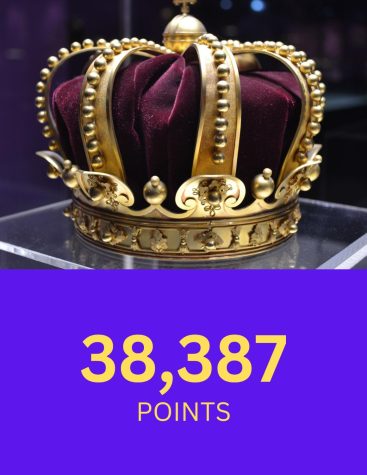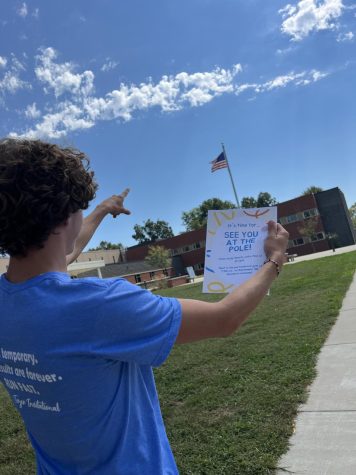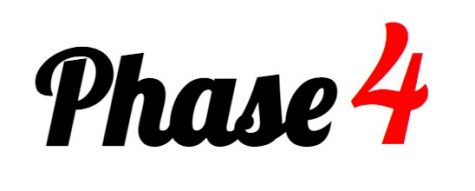Vaping and Big Tobacco
February 12, 2019
According to the CDC, teen smoking has dropped consistently from 2011 to 2017. Alongside the decrease in smoking, e-cigarette usage has increased dramatically nationwide. The Juul company has now become the household name for all e-cigarettes, commonly called “vapes,” in the same way that Kleenex is the commonly used name for facial tissues.
The rise in vaping has caused big tobacco to take a severe hit. While national cigarette usage dropped from 20 percent of all adults in 2005 to 14 percent of all adults in 2017, the Juul company, Juul Labs, has experienced 600 percent growth from 2016 to 2017. Cigarette sales have also dropped accordingly with more people giving up smoking. In late 2018, Altria, the parent company of Philip Morris USA, and the U.S. Smokeless Tobacco Company announced that they were taking a 35 percent stake in Juul Labs. Their actions make speculators wonder how tobacco companies will affect the rise in e-cigarette use.
While the U.S. Smokeless Tobacco Company, and Philip Morris USA may not sound familiar to some, they are the owners of Marlboro, Parliament, Muratti, Lark, Virginia Slim Copenhagen, Skoal, Red Seal and Husky. Big tobacco companies have proven time and time again to market towards children and minorities. Juul Labs once prided itself on being totally different than the traditional big tobacco companies, saying their purpose was to provide a way to kick cigarettes. On their website they state, “As scientists, product designers, and engineers, we believe that vaping can have a positive impact when used by smokers and can have a negative impact when used by nonsmokers. Our goal is to maximize the positive and reduce the negative.” They also go on to say that people who do not already smoke should not use their product.
Juul Labs has pledged 30 million dollars over the next three years to prevent youth use of their product. This came after the Food and Drug Administration (FDA) declared youth vaping an epidemic and demanded action from e-cigarette companies in November of 2018. They removed some of their flavored liquids from 90,000 stores. Juul CEO Kevin Burns said, “Our intent was never to have youth use Juul products. But intent is not enough, the numbers are what matter, and the numbers tell us underage use of e-cigarette products is a problem. We must solve it.” Moving forward, it will be interesting to see the direction that Juul Labs moves, while trying to please their newest investor Altria.








